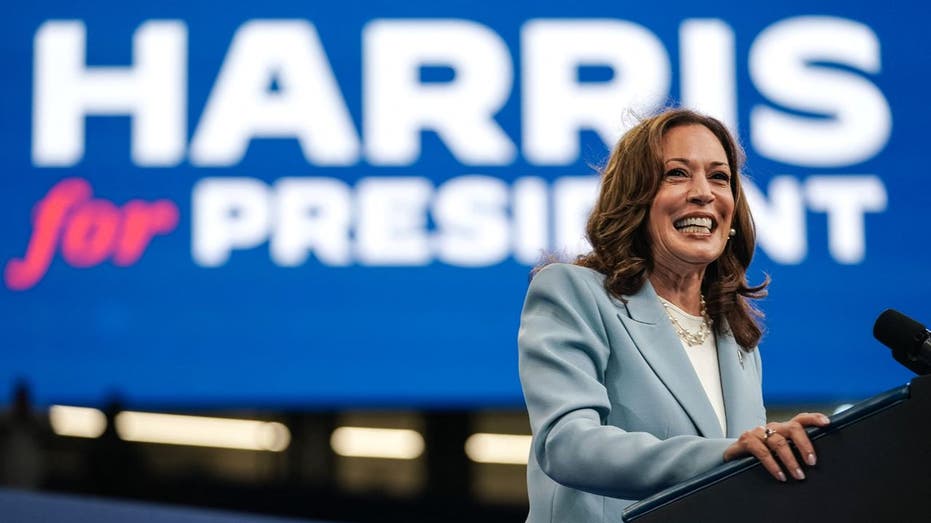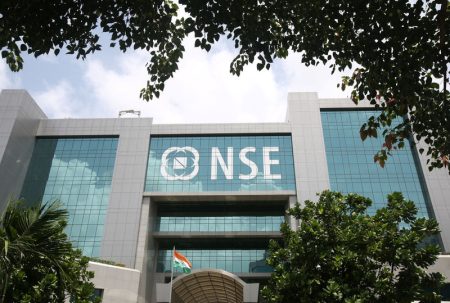Presidential campaigns have a way of causing candidates to make bold promises.
In June, at a campaign stop in Nevada, former President Donald Trump said he wanted to end taxes on tips. Several days ago, Vice President Kamala Harris announced during a campaign speech (also in Nevada) that she wanted to do the same.
It’s noteworthy that both candidates proposed the same idea in Nevada. The state is home to Las Vegas, where a sizable number of people work in various service jobs at hotels and casinos. Workers there rely heavily on tipped income.
LARRY KUDLOW: ‘COPYCAT KAMALA’ IS PLAGIARIZING DONALD TRUMP’S IDEA FOR TAX-FREE TIPS
The proposals, neither of which contain any details, are likely to be popular among those in the service industry and make for great politics. However, questions linger about whether they constitute good policy.
Firstly, there is the question of how it impacts tax revenue. With a federal deficit exceeding $1 trillion and the national debt rising above $35 trillion, the immediate impact of eliminating a source of income taxes will create a shortfall.
Alan Cole, an economist at the Tax Foundation, said such a move would cost at least $10 billion annually and result in a $100 billion reduction in tax receipts over 10 years.
“This is in the context of what will likely be a big debate over the extension of the individual side of the Trump tax cuts,” he told FOX Business.
The reference is to the Tax Cut and Jobs Act Trump signed in 2017. The bill passed the Senate via reconciliation, so the personal tax reductions contained in the law will expire in 2025.
MIDDLE- AND LOW-INCOME AMERICANS RUNNING OUT OF DISPOSABLE CASH: SF FED

On the policy end, Michael Saltsman of the Employment Policy Institute said he has reservations about the policy because it needs more details.
“It is a great campaign slogan, but what does it mean, exactly? Is that no income tax or FICA tax?” he told FOX Business.
Saltsman says that no tax on tips raises some difficult policy questions.
In one proposal that has been put forward, for instance, no employment taxes would be paid on tips. With the median tipped worker earning around $27 an hour, most of that through tips, they would not be paying into Social Security on any of their tips at all. He says that raises concerns about the stability of the Social Security program.
Another proposal would classify tips as gifts rather than income, which Saltsman says would open the door to the argument that tips shouldn’t be counted as wages and that the tipping system should be done away with in favor of a flat wage, which labor unions and progressives have been pushing for years. He argues that could unintentionally hurt the same workers that no tax on tips policy is meant to help.
KAMALA HARRIS’ CAMPAIGN WEBSITE HAS NO ECONOMIC PLANS

The most important thing to Salsman on the issue is that tips are still recognized as income – whether taxed or not – because everything in the system right now functions around that idea.
“If you care about tipped workers, if you care about the places that they work – whether you’re Republican or a Democrat – it has to start with maintaining that idea,” he said. “I’m all for one celebrating tipped workers, who I think are incredible, who I think do great work, in finding ways to uplift the value of tips, but in this sort of rush to, kind of out-populist one another… Let’s not put the current system at risk.”
Read the full article here











